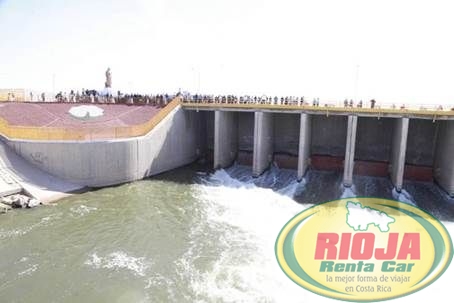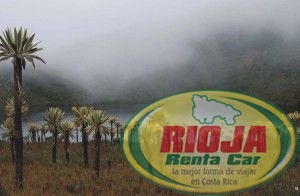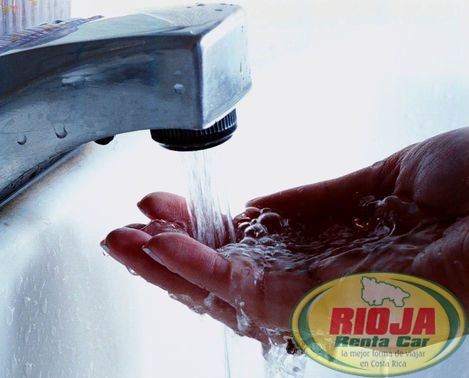


TODAY IS THE DAY OF THE INTER-AMERICAN WATER
Countries of the region have reduced the number of people without access to safe drinking water, but disparities still exist in rural and indigenous areas, said the entity
Central America needs to strengthen its capacity to manage water resources, check the rates and invest more in new infrastructure to improve the quality and ensure the supply of water, warned the responsible regional of the World Bank (WB) in this area, Antonio Rodriguez.
"The World Bank learned that privatisation is not the solution, there are different solutions, and the context often mark the best option", World Bank.
The central American countries have reduced the number of people without access to safe drinking water, but disparities still exist in rural areas and indigenous, Rodriguez said in Tegucigalpa, on the occasion of the celebration this Saturday in the Inter-american Water Day.
Despite the fact that the region has made great strides in the expansion of the water and sanitation services, especially in urban areas, more work should be done on the proper handling of the water, Rodriguez said, regional coordinator for Central America from the Water and Sanitation Program of the WB.
The 17% of the central American population (approximately 7.8 million people) do not have access to safe drinking water and 26% (about 12 million) live without adequate sanitation, he said.
Universal access to quality water and sanitation is one of the new challenges facing the countries of Central America to improve the quality of life of its citizens, stressed Rodriguez.
"Not worth it to have new systems if the water is not flowing with quality; if you are not coming to the citizen, you must preserve and protect the resource," he said.
WB official said that another of the main challenges of the region is the sustainability of these services, whose infrastructure is increasingly deteriorating.
"The central American countries have to see how they are going to maintain coverage levels ( … ) and how to manage the different uses of water resources", he stressed.

 English
English

